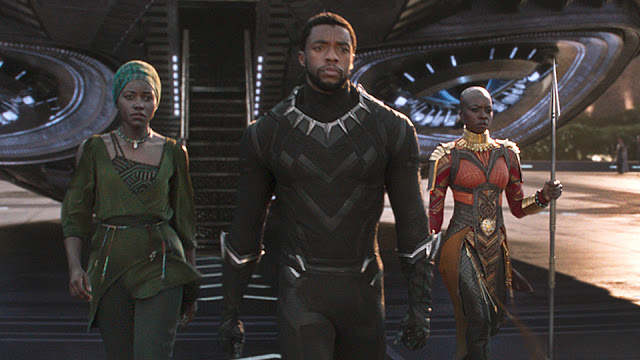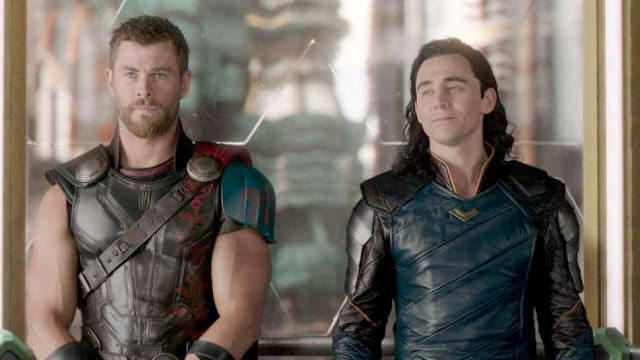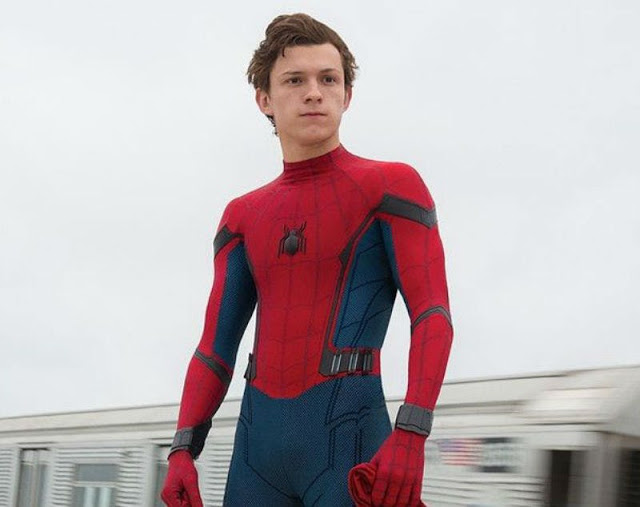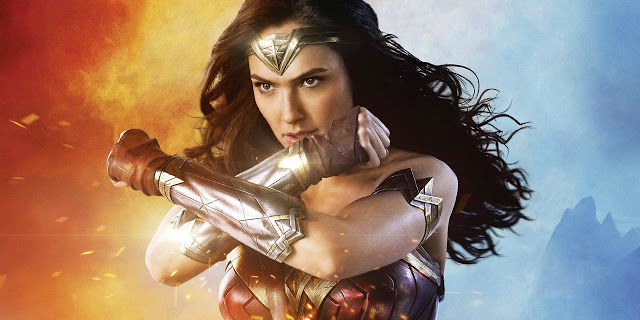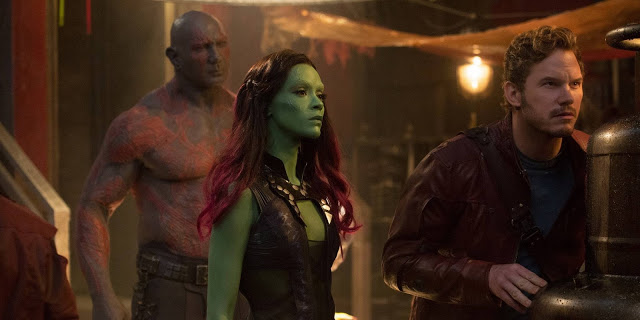Black Panther: With Great Power Comes Great Villainy
Early in Black Panther, Ryan Coogler’s bold and thorny new film that is the eighteenth entry in the Marvel Cinematic Universe, the titular hero asks his young sister, Shuri, why she’s bothering to upgrade an already elegant technological system. Shuri—played by an impish, scene-stealing Letitia Wright—responds with huffy wisdom: “Just because something works doesn’t mean it can’t be improved.” The MCU has its faults—low-stakes storytelling, visual sameness, an exponentially swelling character base—but as mega-franchises go, it’s pretty good, churning out suitably entertaining products that are typically funny, professionally made, and well-acted. What’s gratifying about Black Panther is the way it operates within the MCU’s preestablished confines (the groaning Stan Lee cameo, the post-credits scenes) while simultaneously seeking to push beyond them. In raw terms, it isn’t the MCU’s best movie—its hero is too bland, its story too busy—but it may be its most interesting. And in an era where carefully packaged formula rules the cinematic roost, an interesting superhero movie is something to savor.
It also helps dispel the myth that personal filmmaking and corporate oversight are somehow incompatible. With Black Panther, Coogler continues to tackle the themes of racial strife, familial loyalty, and youthful conflict that animated his previous features, the heartfelt docudrama Fruitvale Station and the boisterous boxing picture Creed. But he has also made—and I mean this sincerely rather than pejoratively—a comic-book movie, complete with bright colors, complex mythology, and CGI-inflected rumbles. His estimable achievement is to weave these elements into a cohesive vision. Black Panther is packed with excitement and ideas, but it never feels choppy or overstuffed. Read More

